Legacy from Bradford-born actor breathes new life into theatre cafe
IT seems fitting that a legacy from the late Bradford-born actor Bernard Hepton, a man who forged a career on stage and screen and who made a significant contribution to the arts, has been used to breathe new life into a neglected corner of one of the city’s lesser-known theatrical gems.
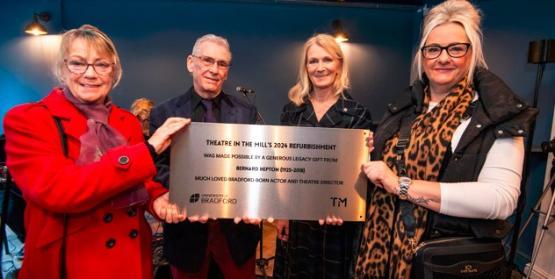
Theatre in the Mill sits in a tranquil corner of the University of Bradford’s campus. Bordered on one side by a green sward affectionately known as ‘the Amp’ (short for ampitheatre – a vast, tiered open-air space thronged by students in the summer), and on the other by a row of functional Victorian mills, of which it is also one, and guarded by a weeping willow that slightly eclipses its roofline, never was there a secret better kept.
Theatre in the Mill will mark its 50th anniversary in 2026 (the same year the University celebrates its 60th). Between then and now will be Bradford 2025 UK City of Culture, to which Theatre in the Mill will add its own sparkle.
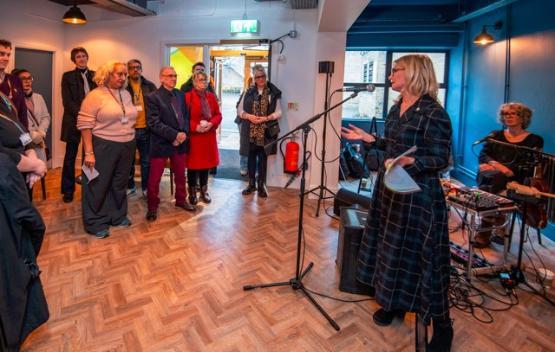
The fact it now has bragging rights over a welcoming, beguilingly spacious cafe that also doubles as its foyer, could not have been better timed. Opening the revamped area were relatives of the late Bernard Hepton: his nephew Lawrence Gill, along with his wife Maureen and their daughter Clare.
Retired engineer Lawrence said: “Bernard was quite a private person, although reserved and didn’t often talk about his acting career he inspired many up-and-coming young actors to achieve their goals, I think he would have been very happy with this project and we are grateful that his legacy will benefit others.”
Speaking at a ceremony to mark the opening of the new cafe area, Theatre in the Mill Artistic Director, Shabina Aslam, said: “On behalf of all the artists who will benefit from this new space, we say thank-you. This is now an inviting place for students, artists, academics and communities, and as we go into 2025, it will encourage people to walk up the hill to seek out this cosy, inviting space, to meet other people like themselves, realise their ambitions, share ideas and take part in the cultural activity of the city. That's what this represents.”
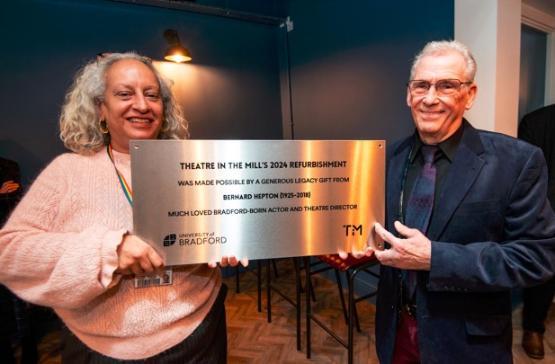
University Vice-Chancellor Professor Shirley Congdon added: “This refurbishment would not have been possible without the generous donation from the Bernard Hepton estate. He wanted to do something to support the University. This is the moment we have been able to realise that wish.
“We want to inspire new and upcoming artists who want to dare to try to create something, to test their ideas, which makes a place like this very special.”
A commemorative plaque celebrating Bernard’s donation will be hung on the wall of the new cafe.
Commenting on the significance of the cafe and the theatre, Hannah Bentley Relathionships Manager at Arts Council England, which funds the theatre as part of its National Portfoilio Organisation programme, said: “It’s an amazing transformation that has created a welcoming, usable space that will really benefit artists.
“Theatre in the Mill has played a significant role in supporting artists to develop their craft many who have gone on to make a major impact on the theatre world and it continues to facilitate a pipeline of new artistic talent – the new cafe enhances that offer.”
Bernard Hepton
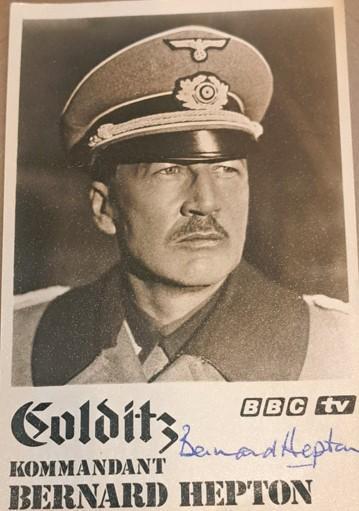
Born in Bradford in October 1925, Bernard was the son of an electrician, Bernard and his wife Hilda. He became interested in theatre during his teens and went on to join Bradford Civic Playhouse, referring to theatre as “a magical land.”
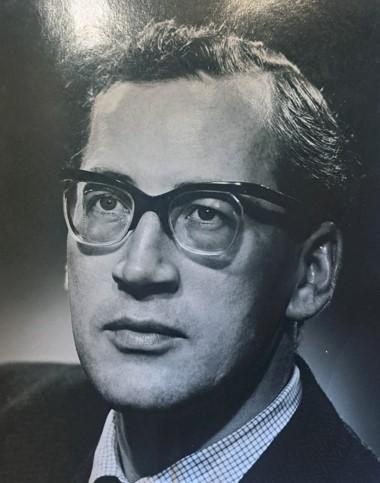
He trained in Scarborough and Birmingham, working as a draughtsman to make ends meet. His big break came in 1952 when he was cast in a production of Henry VI, which in turn led to other roles and eventually starred in I, Claudius (1976) and Tinker Tailor Soldier Spy (1979). He also played the German Commandant in the series Colditz (1972-74). In 1982, he was cast as Inspector Goole in a BBC production of fellow Bradfordian JB Priestley’s An Inspector Calls. He died aged 92 in July 2018, leaving a legacy in his will to the University of Bradford.
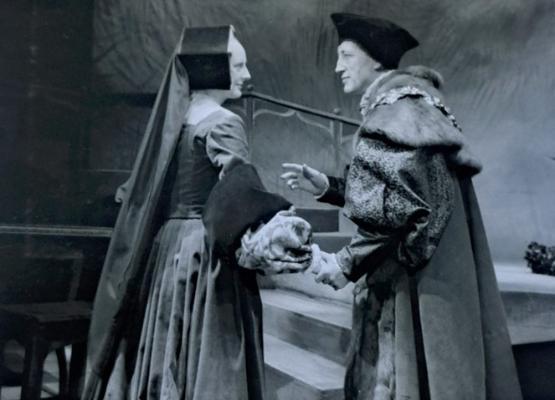
His nephew, Lawrence (son of Mary, Bernard’s sister), said: “Bradford was his birthplace and his roots in acting started here. He would have wished that the bequeathed gift would help inspire up-and-coming students in the arts, acting or otherwise. Bernard was an inspiration not only to myself – as he helped me in my career - but to many others.”
Theatrical legacy
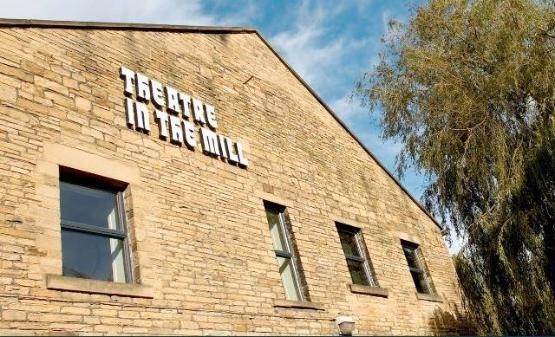
Theatre in the Mill was opened in 1976 by plarwright Alan Ayckbourn. It is classed as a National Portfolio Organisation by Arts Council England, one of around 800 across the country. Its status means it is recognised as making a significant contribution to the local and national arts scene.
Over the years it has been a breeding ground for many renowned artists, including performance artist Selina Thompson, avant-garde theatre-maker Javaad Alipoor, artistic director Alan Dix and actor, playwright and producer Tanya Vital, whose Baseline Symphony will form part of the Bradford 2025 celebrations.
Last year, it gained national attention for its acclaimed Bussing Out exhibition, which examined the policy of dispersing non-white children in the 1960s and 1970s in the UK, with plans for a national tour next year.
Theatre in the Mill is governed by an Advisory Board of artists, neighbours and academics, chaired by Professor Chris Gaffney, to ensure it delivers on its goals and has a meaningful impact on local artists.
